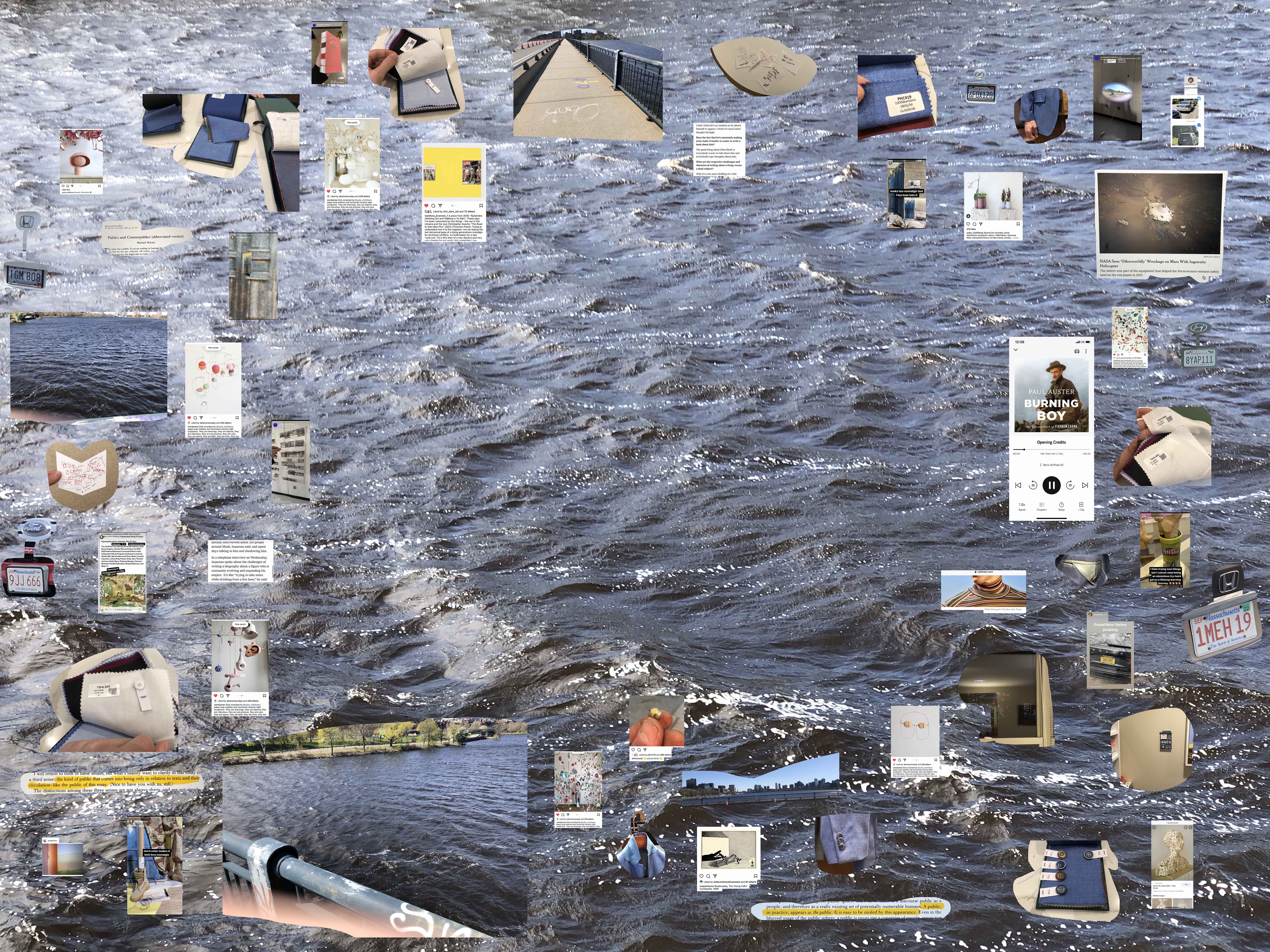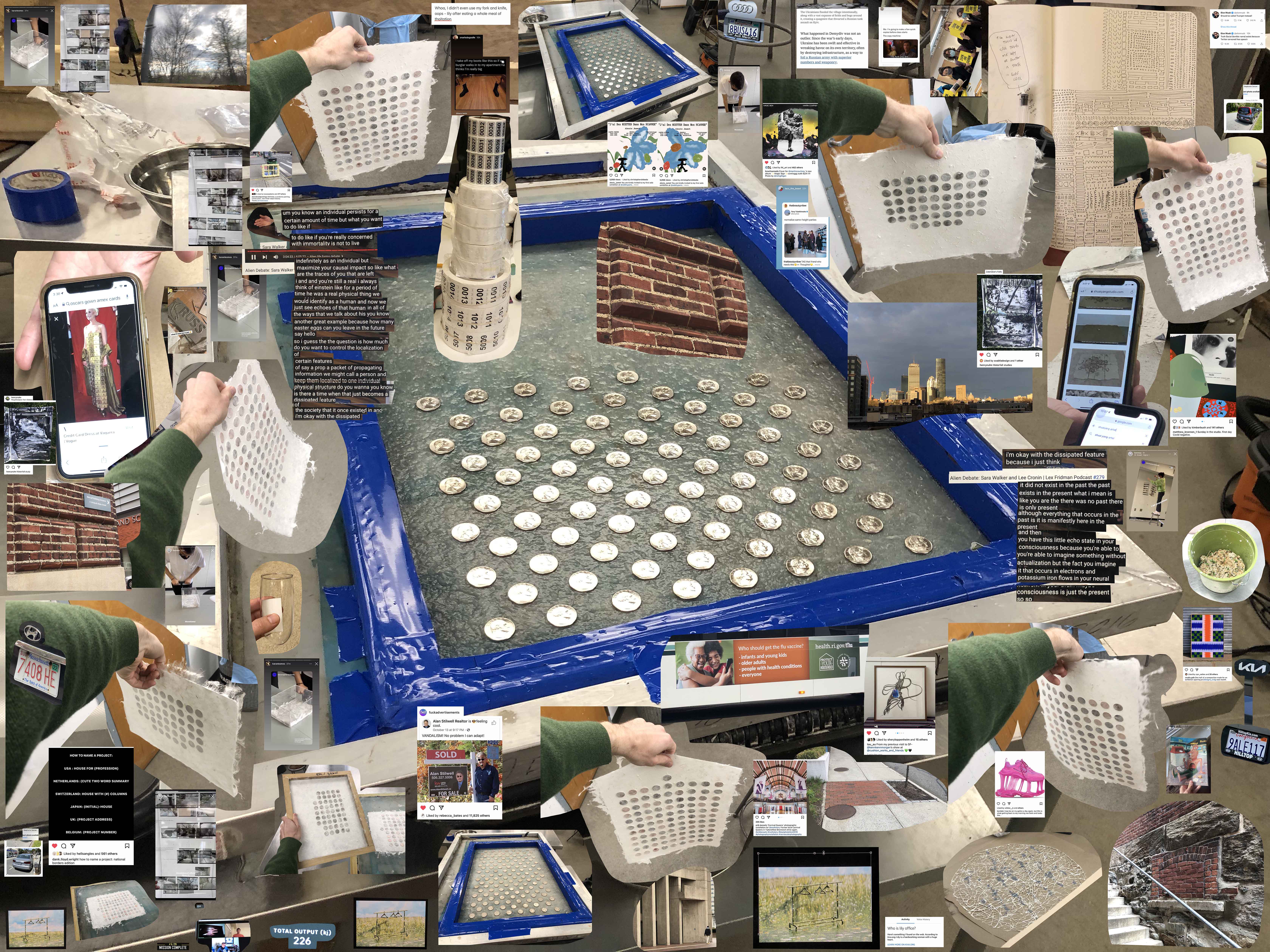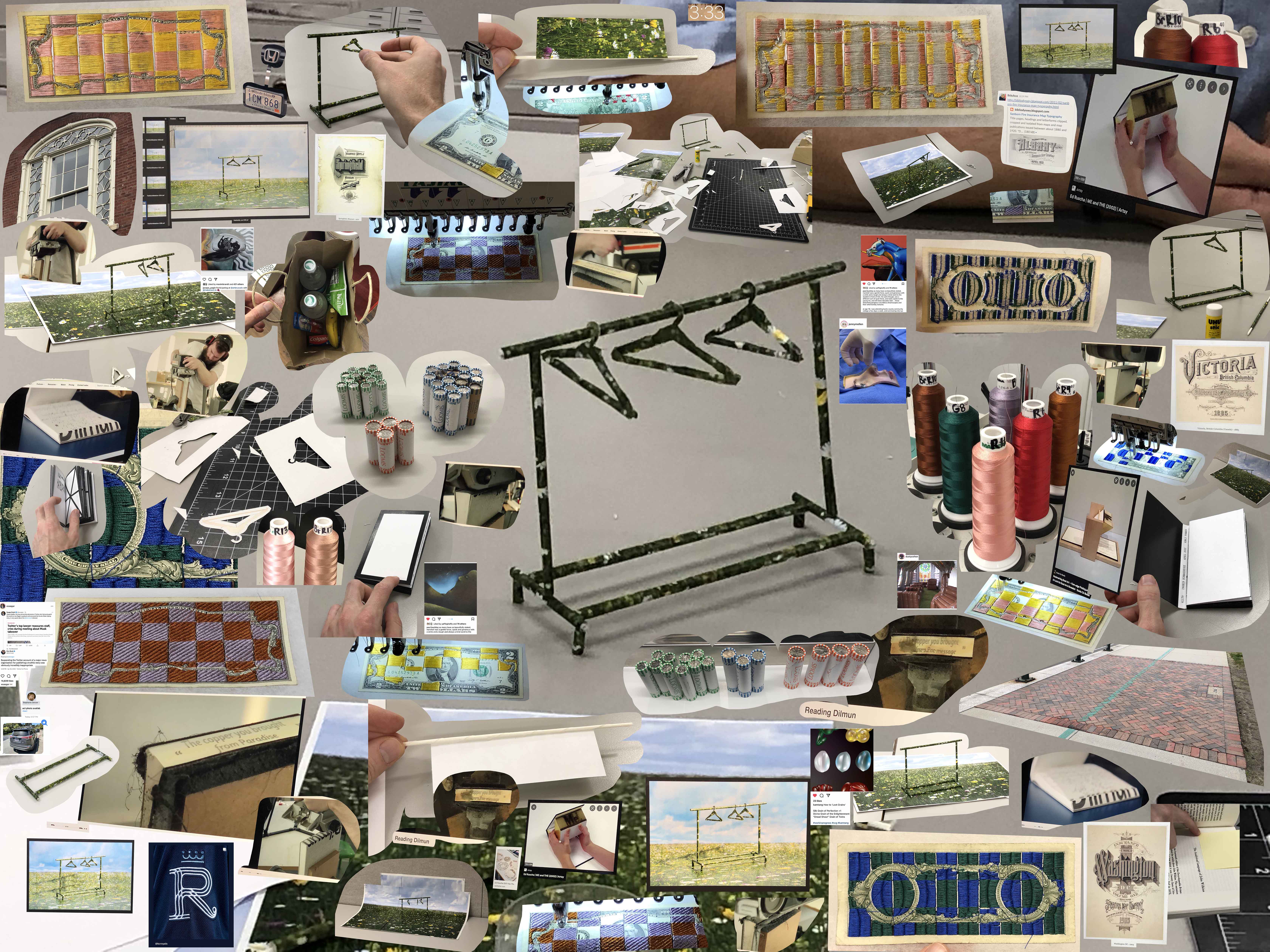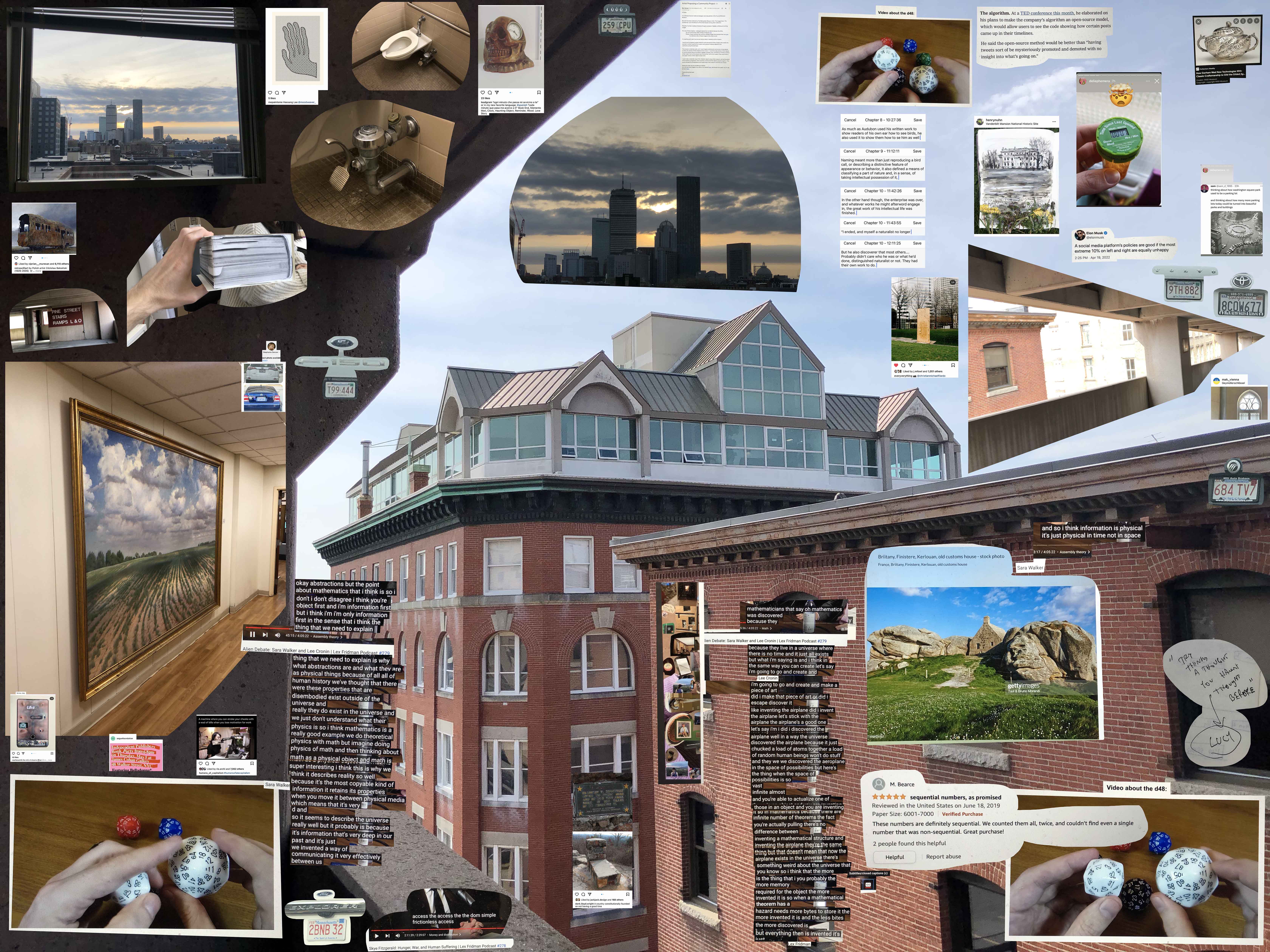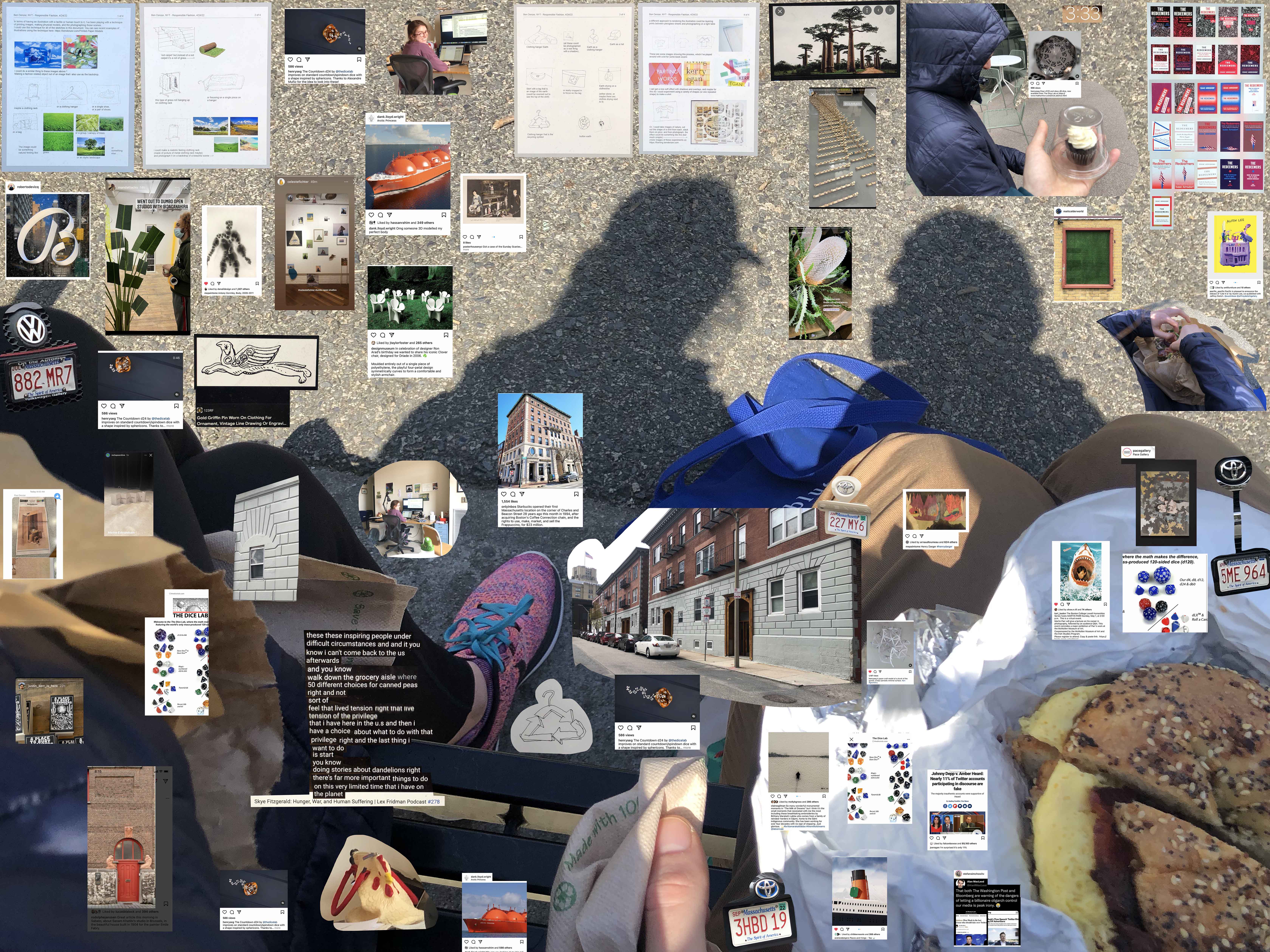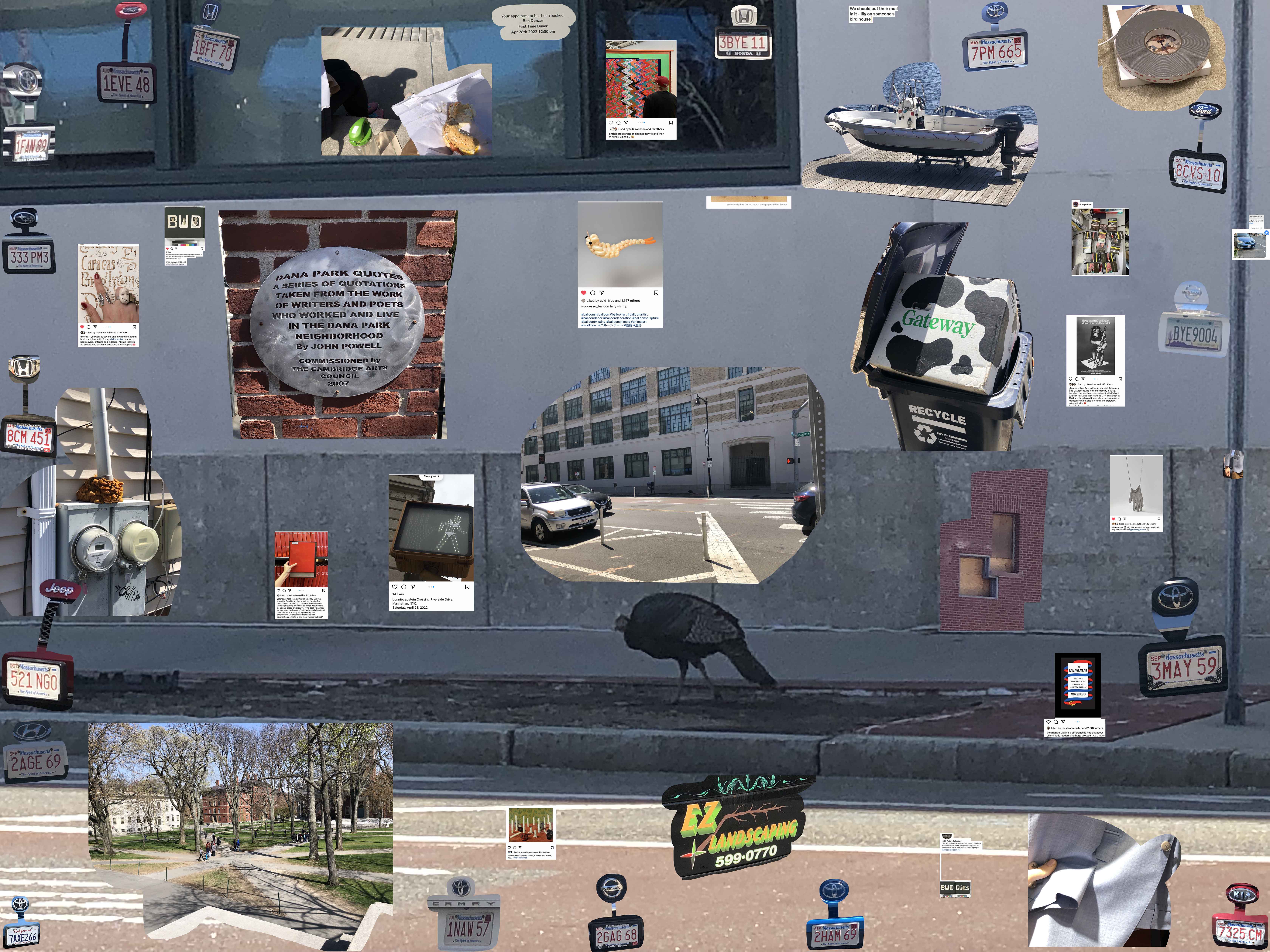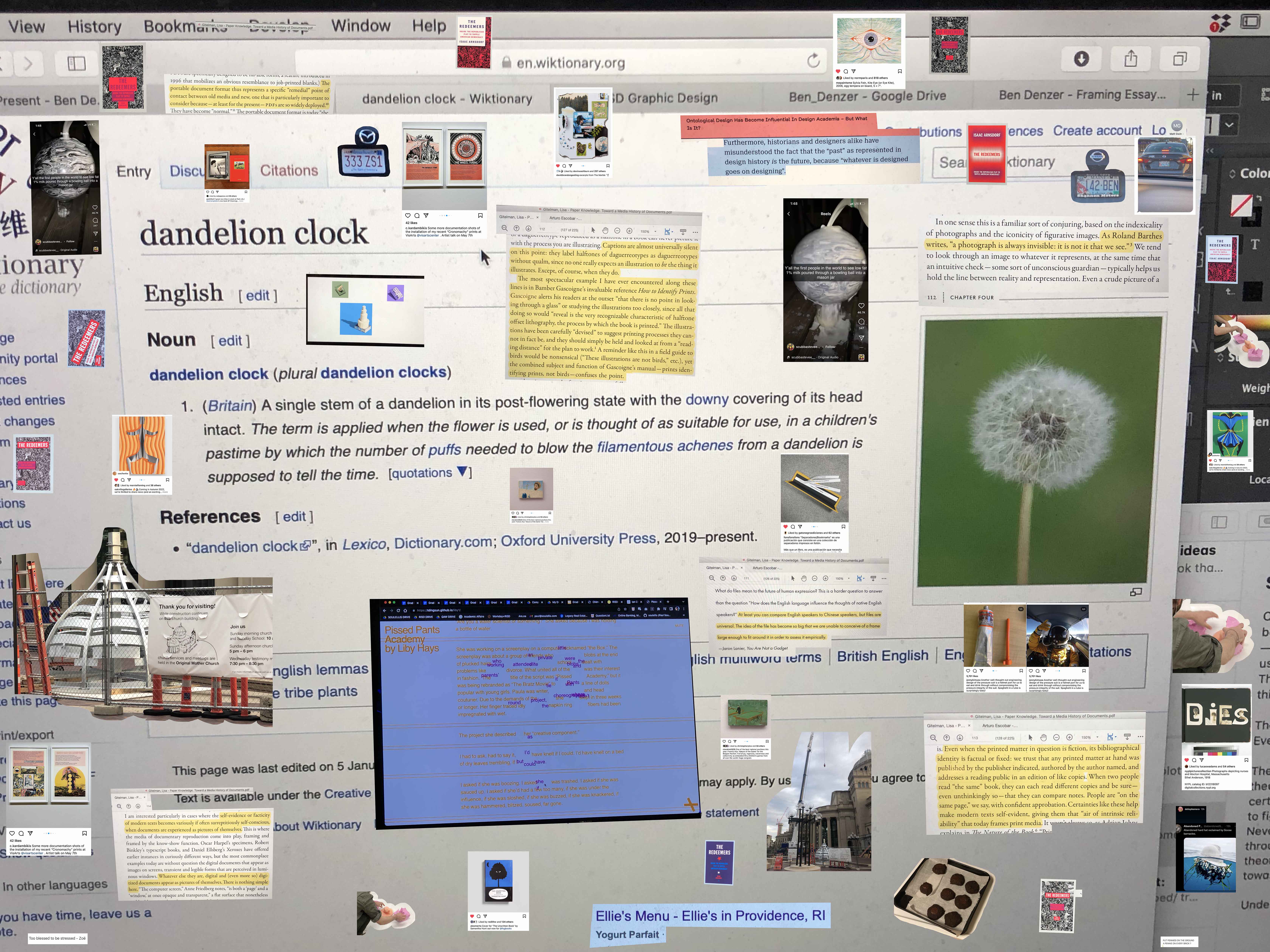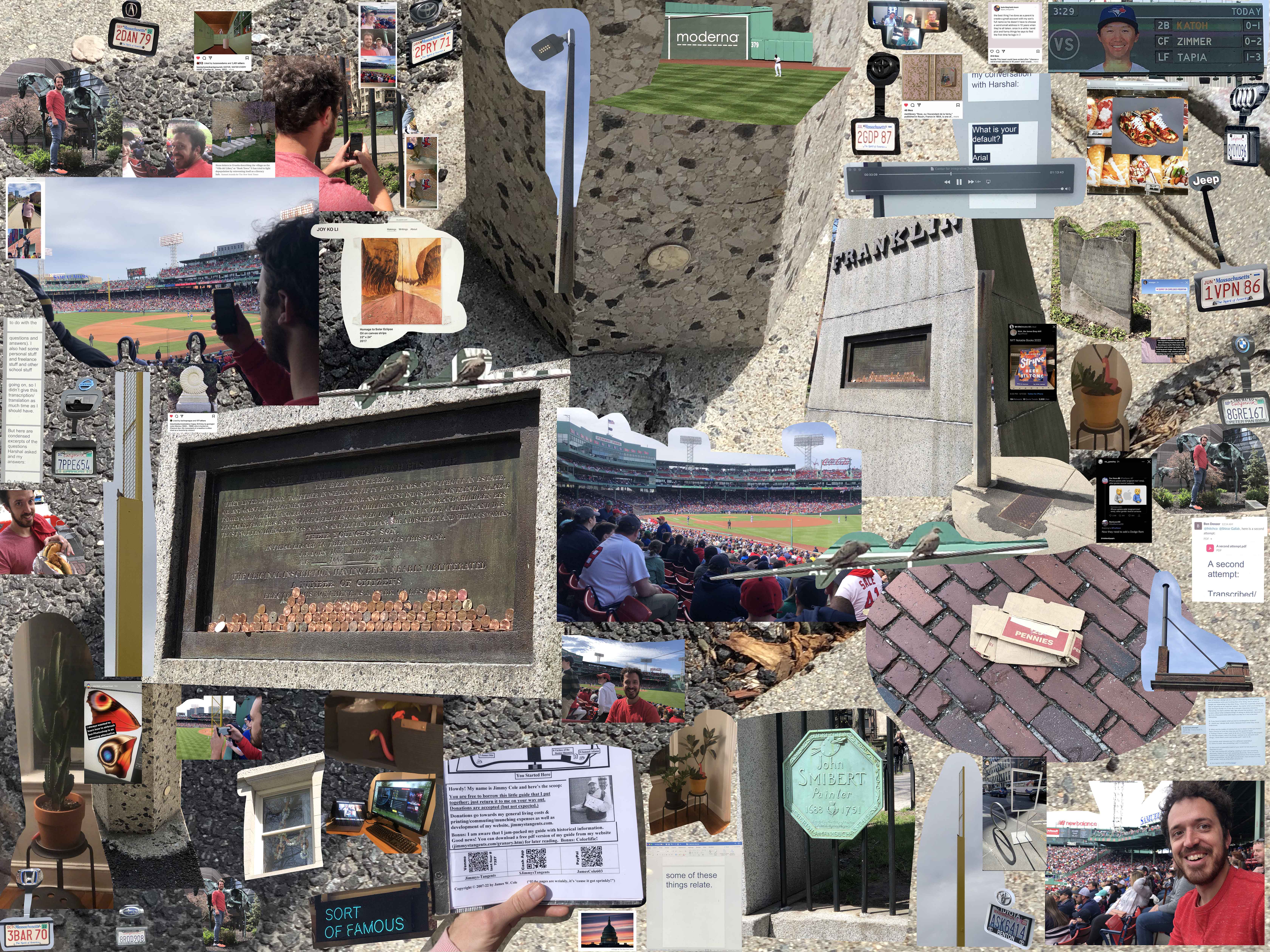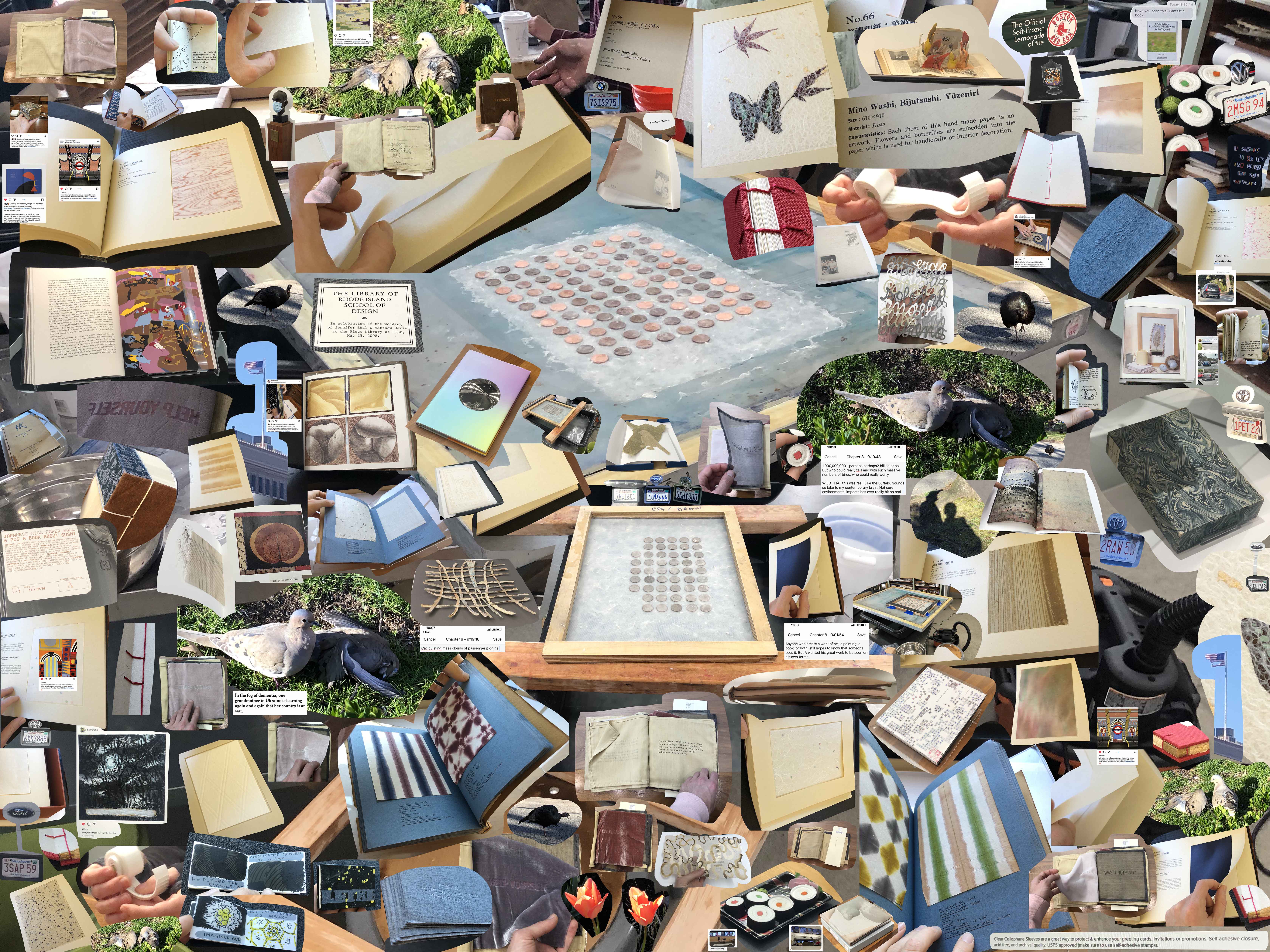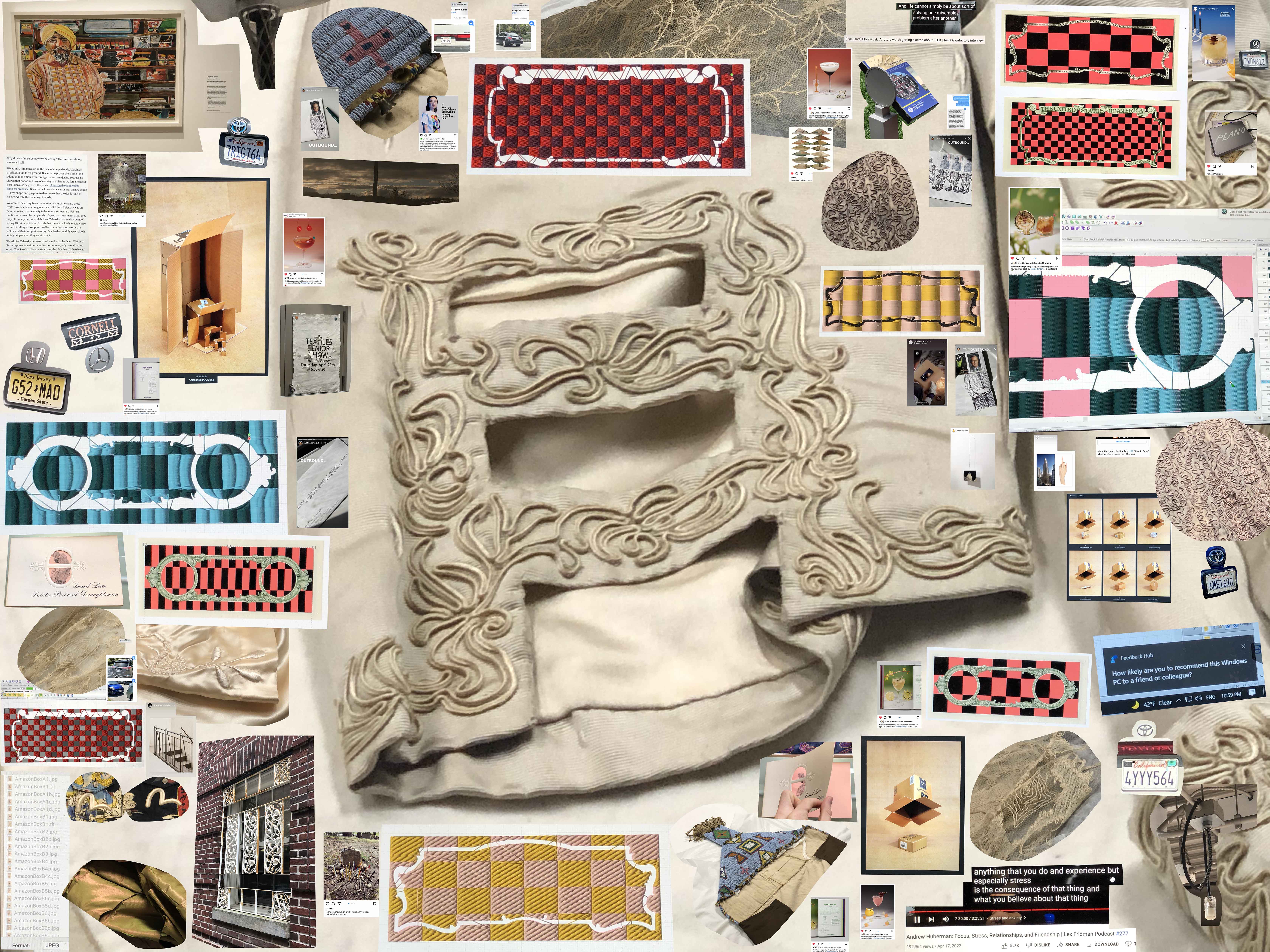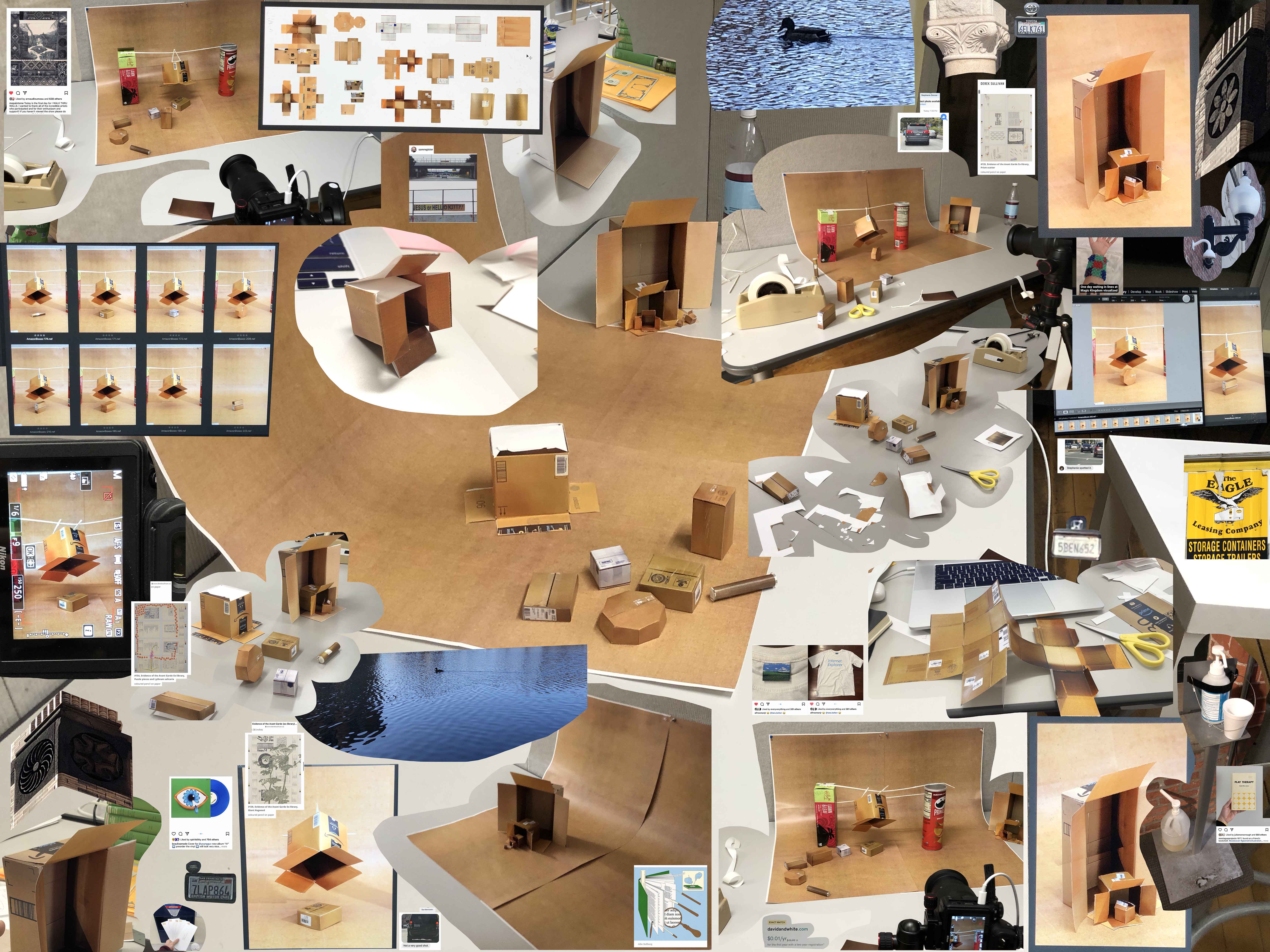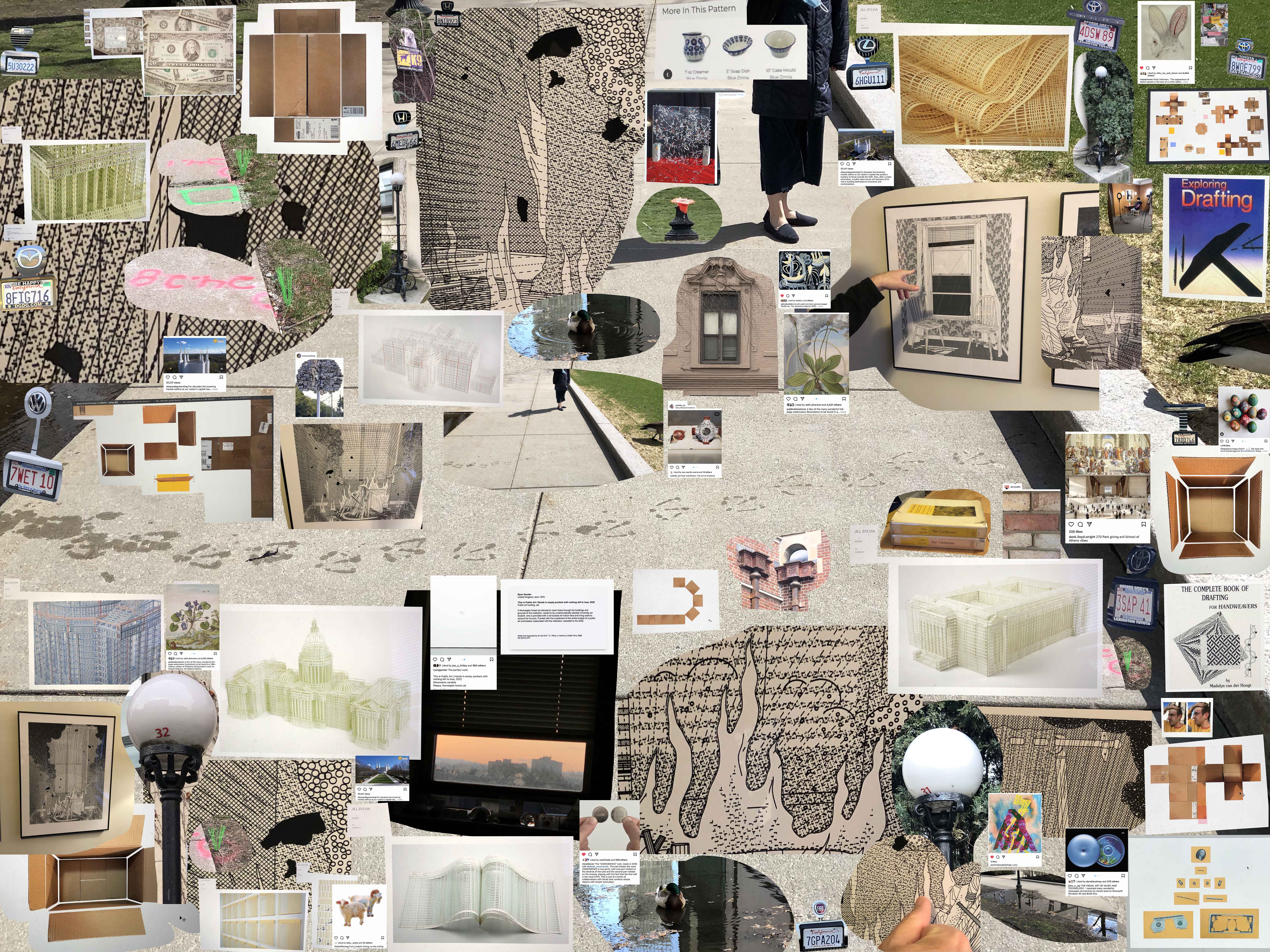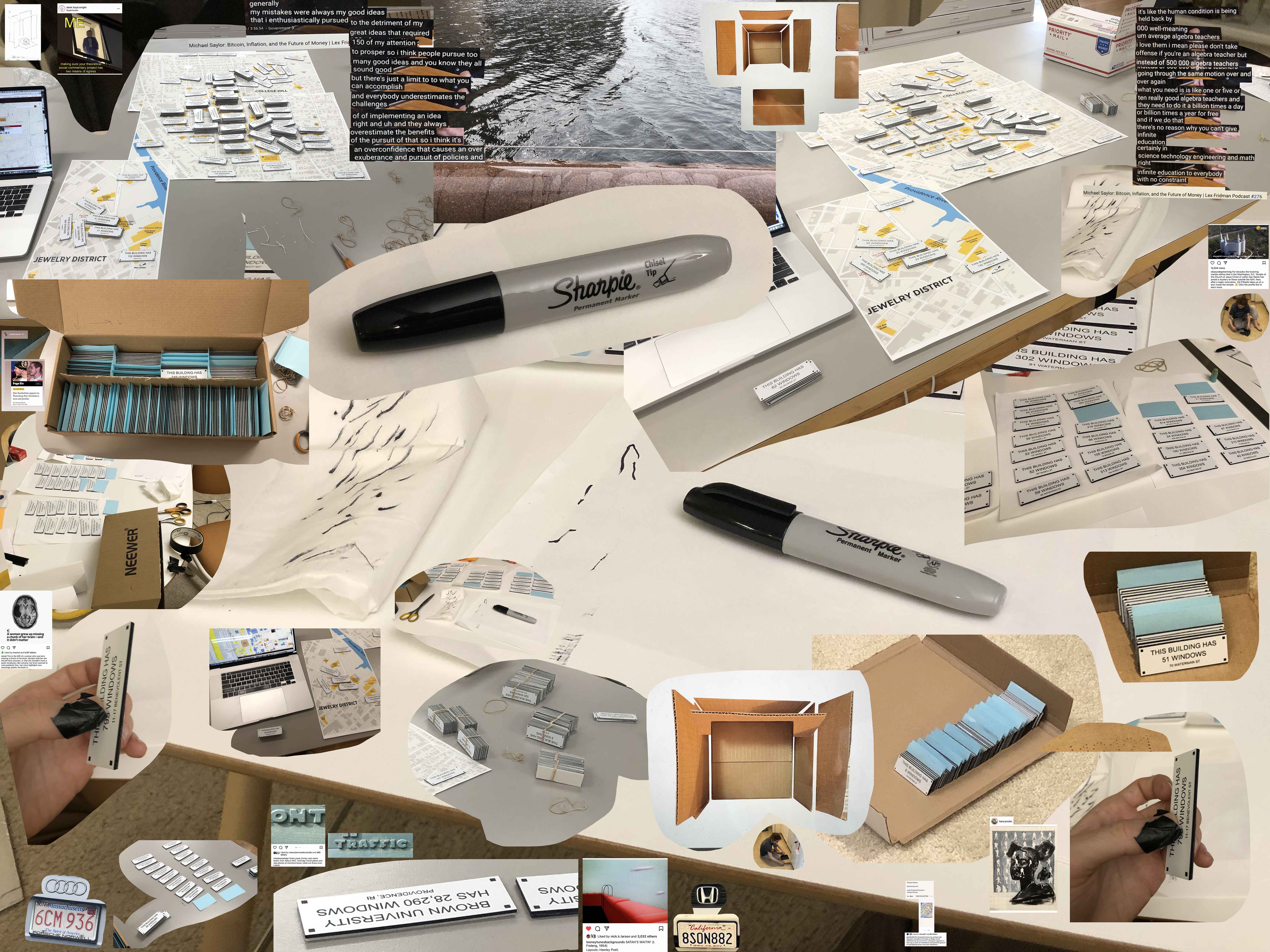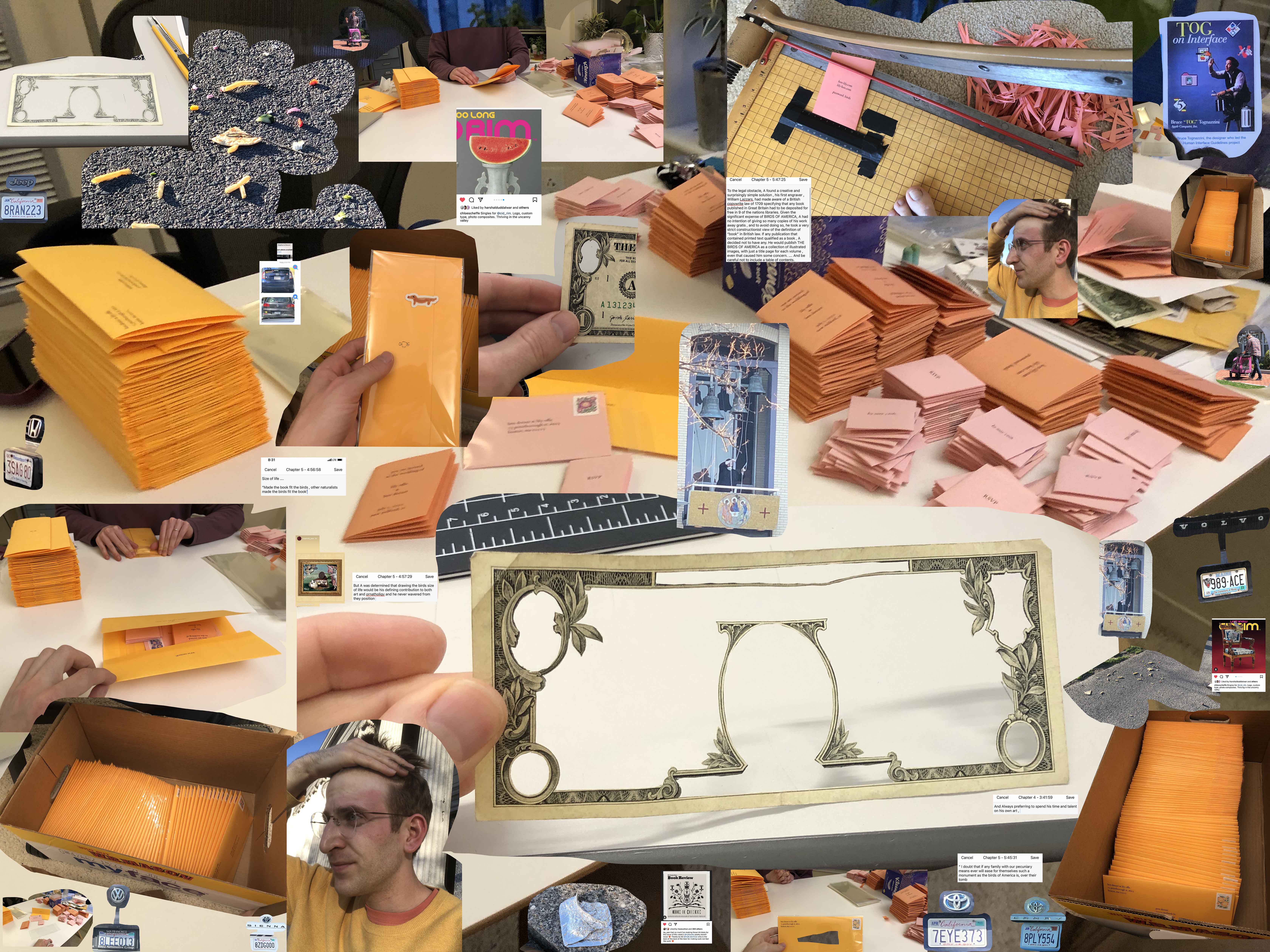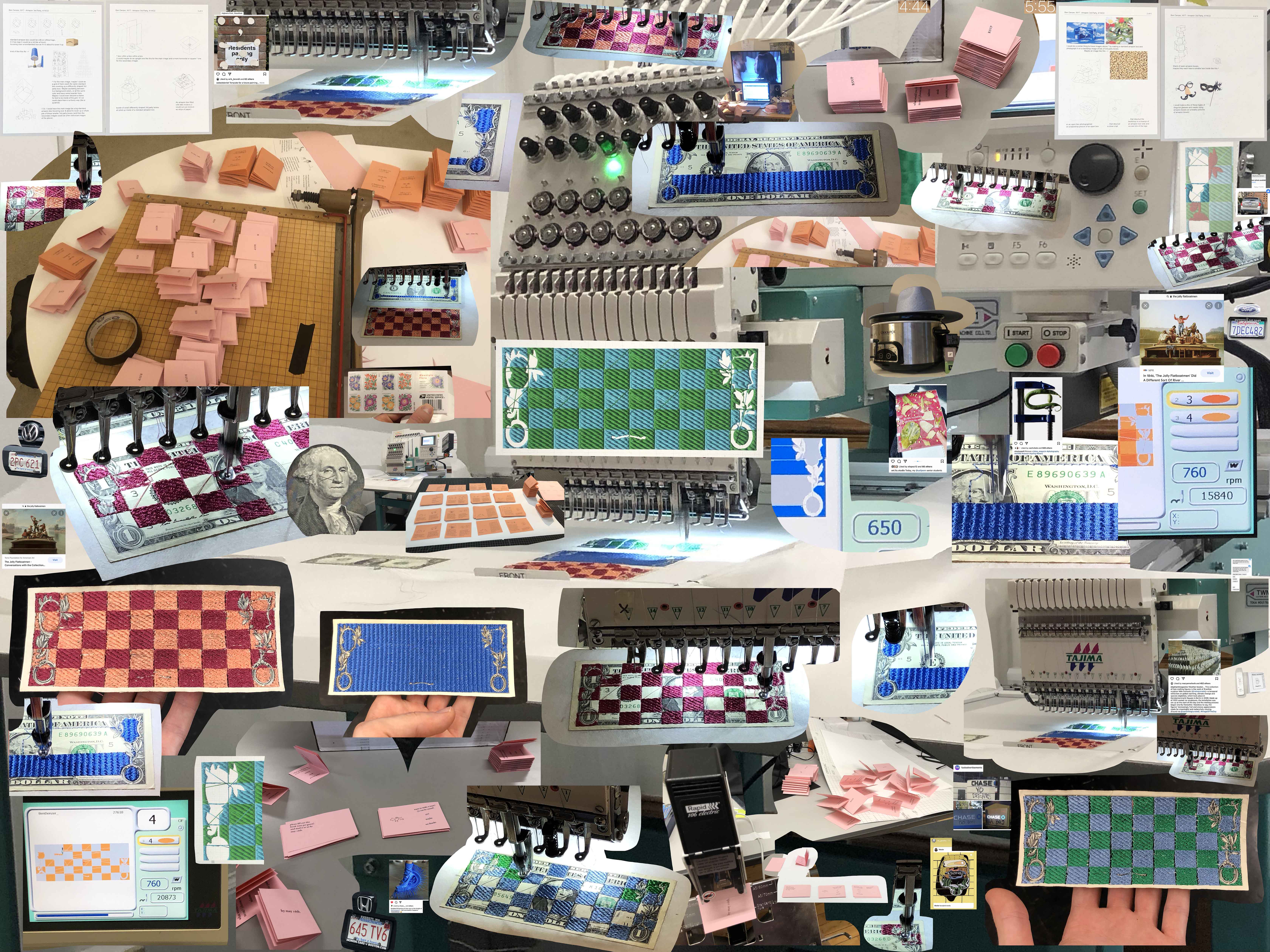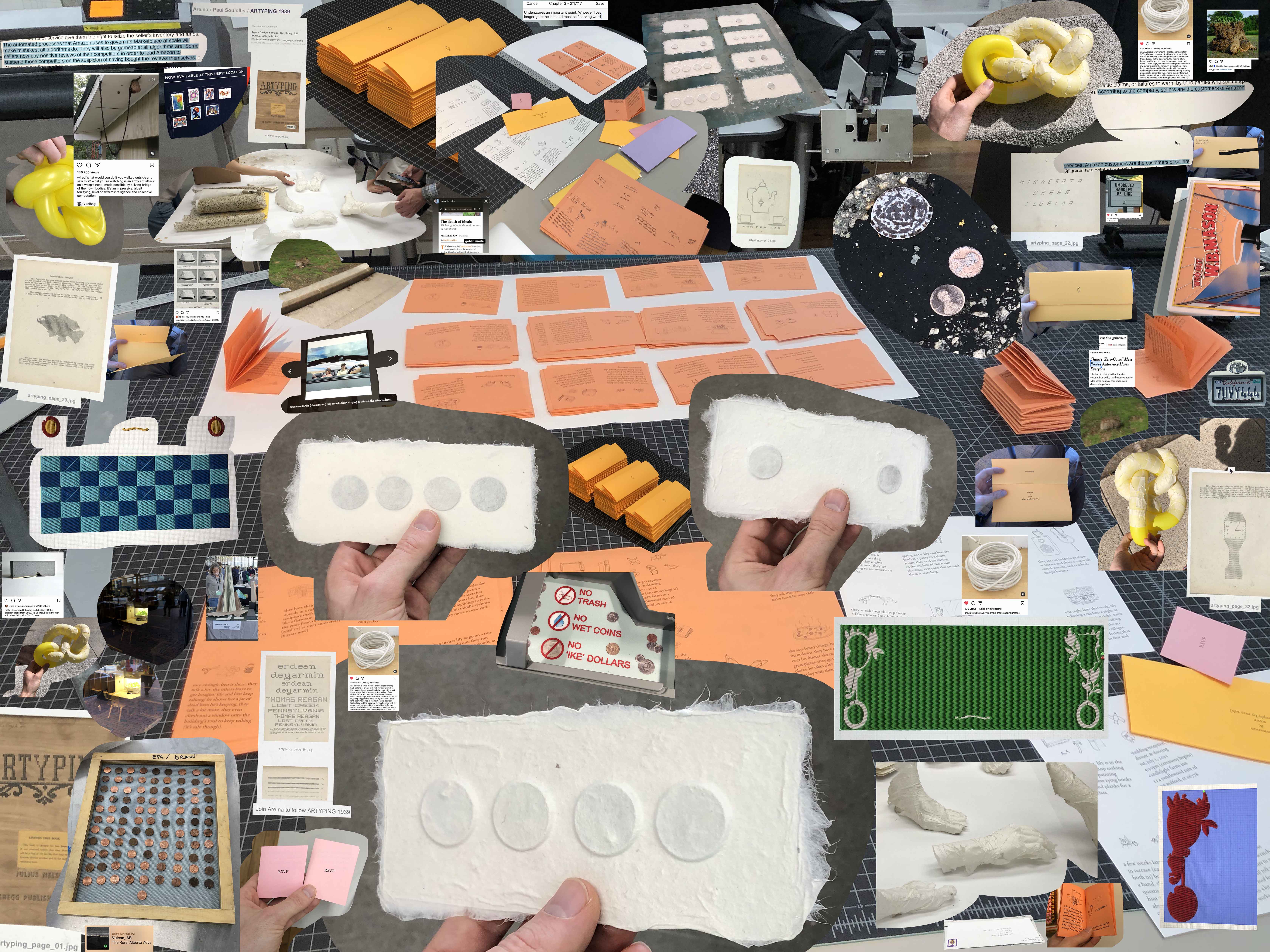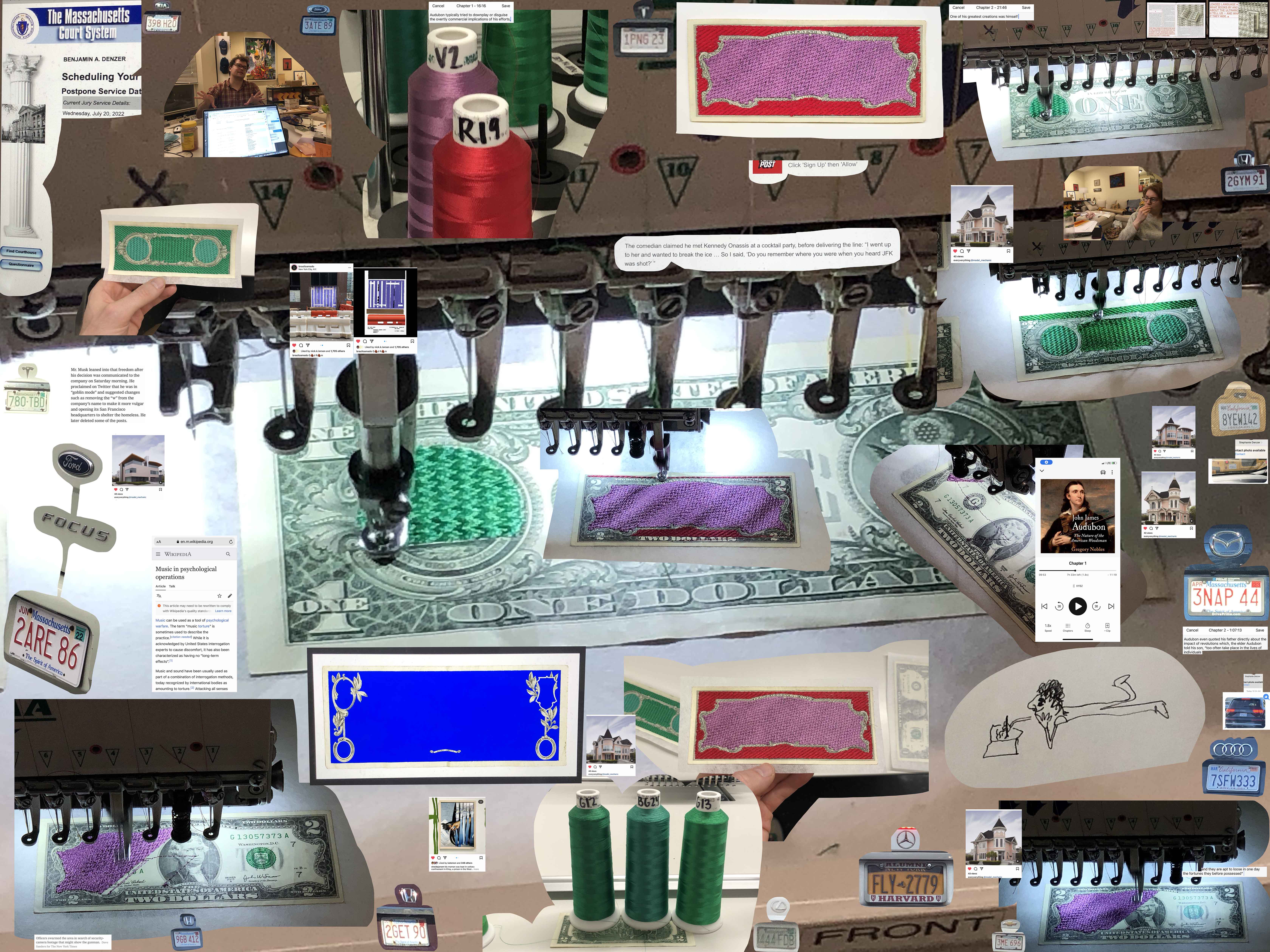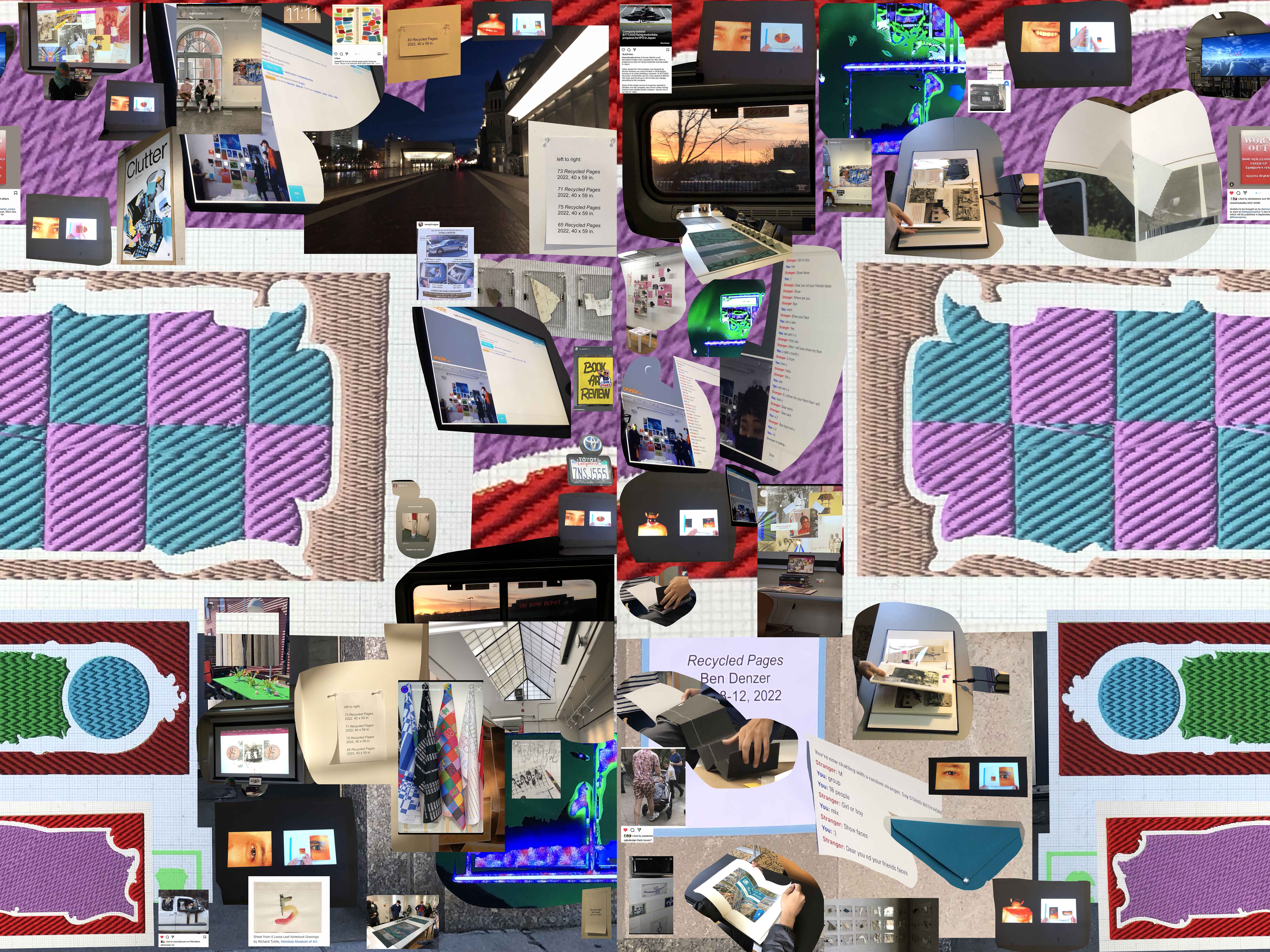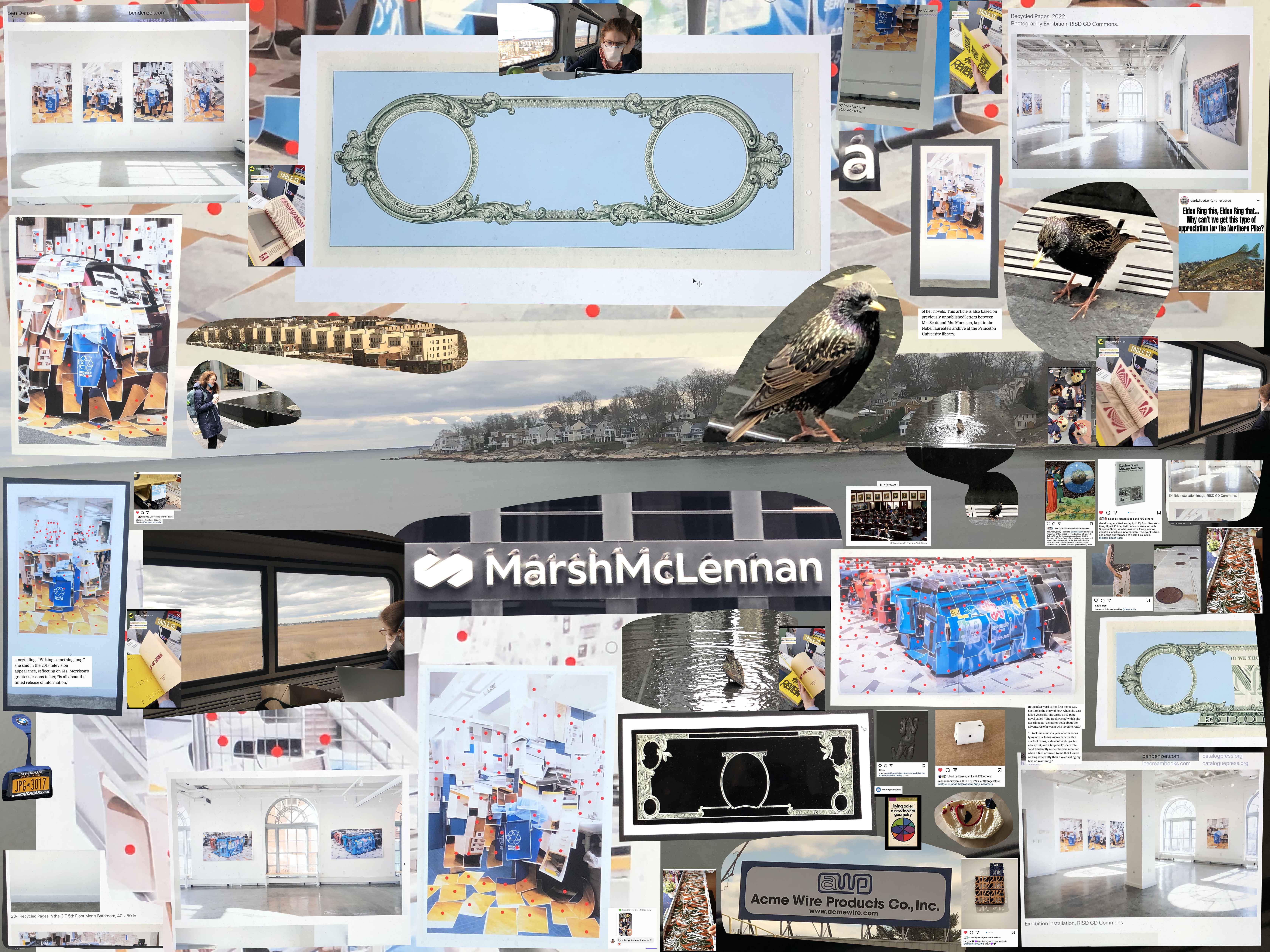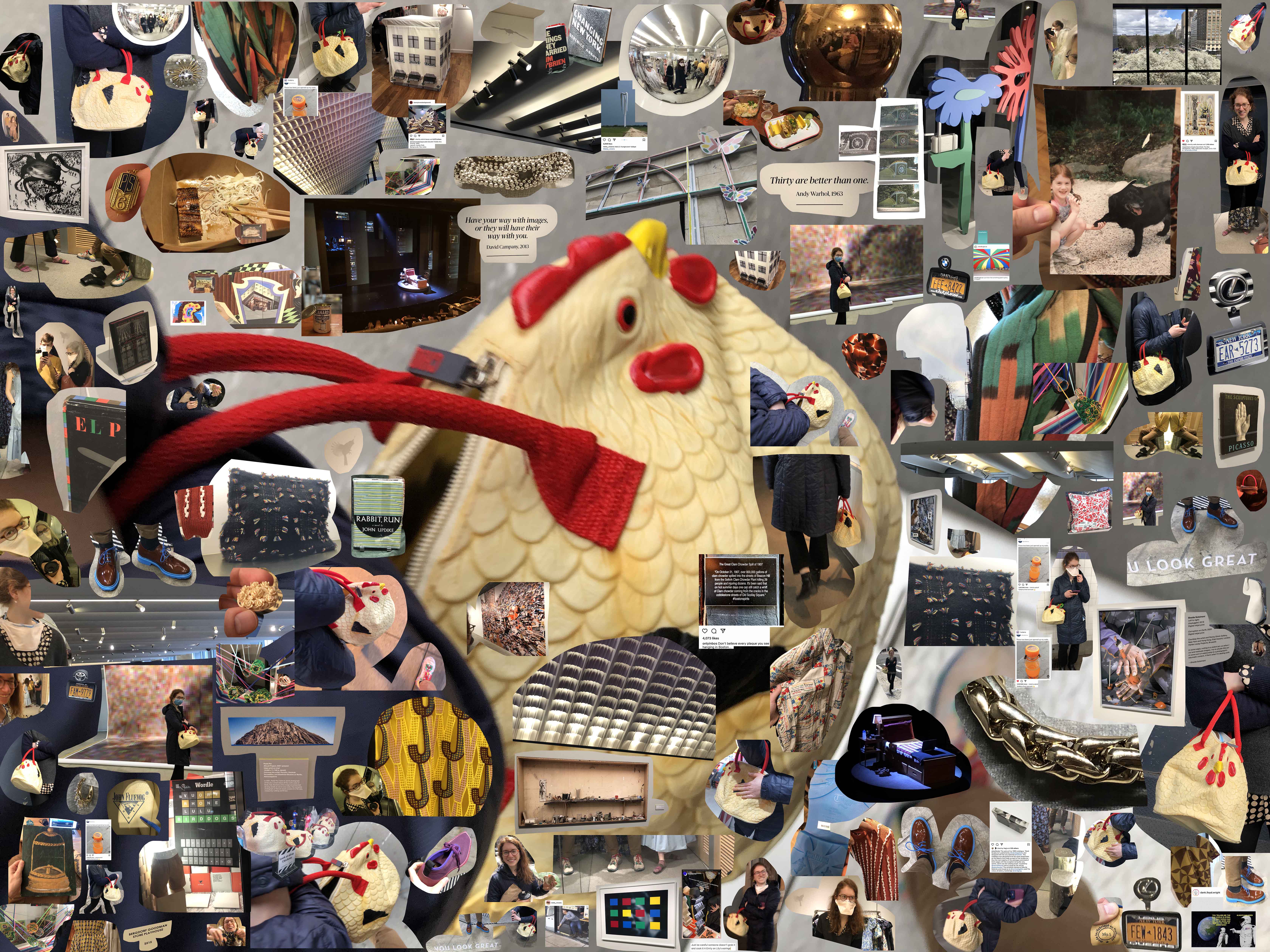Thursday, April 28, 2022
I don’t think he’s as random as he allows himself to appear. I think it’s much more thought through.
— Walter Isaacson's reply to "Musk is famous for trolling, making explosive off-the-cuff remarks and reversing consequential statements. How do you handle that in a long form narrative, knowing that his positions could look very different after publication?," "What Makes Elon Musk Tick?," The New York Times
Wednesday, April 27, 2022
The main reason we call things one way or another is taxes.
— Papermaking guest
Tuesday, April 26, 2022
Is this for business?
— Bank teller
Monday, April 25, 2022
On the other hand, though, the enterprise was over, and "whatever works he might afterwords engage in, the great work of his intellectual life was finished."
— Gregory Nobles, John James Audubon: The Nature of the American Woodsman
Sunday, April 24, 2022
I can't come back afterwords and, you know, walk down the grocery aisle where ther are 50 different choices for canned peas and not sort of feel that lived tension. That lived tension of the privilage that I have here in the U.S. and then I have a choice about what to do with that privilege, and the last thing I want to do is start, you know, doing stories about dandelions. There's far more imporant things to do on this very limited time that I have on the planet.
— Skye Fitzgerald, "Skye Fitzgerald: Hunger, War, and Human Suffering | Lex Fridman Podcast #278"
Saturday, April 23, 2022
We should put their mail in it.
— Lily on someone's birdhouse.
Friday, April 22, 2022
Even when the printed matter in question is fiction, its bibliographical identity is factual or fixed: we trust that any printed matter at hand was published by the publisher indicated, authored by the author named, and addresses a reading public in an edition of like copies. When two people read “the same” book, they can each read different copies and be sure—even unthinkingly so—that they can compare notes. People are “on the same page,” we say, with confident approbation. Certainties like these help make modern texts self-evident, giving them that “air of intrinsic reliability” that today frames print media.
— Lisa Gitelman, "Near Print and Beyond Paper: Knowing by *.pdf," Paper Knowledge
Thursday, April 21, 2022
Donations go towards my general living costs & printing/commuting/munching expenses as well as development of my website, jimmystangents.com.
— Jimmy Cole's Old Granary Burial Ground guide
Wednesday, April 20, 2022
"Allowing two pigeons to the square yard, we have one billion, one hundred and fifteen million, one hundred and thirty-six thousand pigeons in one flock." A billion-plus, perhaps two billion or more—who could really tell, and with such massive number of birds, whatever they might be, who could really worry? What mattered more to most people on the ground was the opportunity to kill pigeons by the thousands, and accounts of the eager anticipation of the pigeons shoot, became almost a literary staple of antebellum nature writing.
— Gregory Nobles, John James Audubon: The Nature of the American Woodsman
Tuesday, April 19, 2022
Which is Alia Crum's statement... she says, anything that you do and experience, but especially stress, is the consequence of that thing and what you believe about that thing.
— Andrew Huberman, "Andrew Huberman: Focus, Stress, Relationships, and Friendship | Lex Fridman Podcast #277"
Monday, April 18, 2022
One day waiting in lines at Magic Kingdom visualized
— @jenniferxdaniel
Sunday, April 17, 2022
A Norweigian forest cat allowed to roam freely through the building and grounds of the institution, cared for by a democratically elected University art student, who is provided with full bursary for tuition fees and living costs to account for its care. Funded with the investment of the entire budget of a public art commission associated with the institution, awarded to the artist."
— Ryan gander, wall text for "This is Public Art/Hands in empty pockets with nothign left to lose, 2022," @ryanjgander
Saturday, April 16, 2022
Generally, my mistakes were always my good ideas that I enthusiastically pursued ot the detriment of my great ideas that required 150% of my attention to prosper.
— Michael Saylor, "Michael Saylor: Bitcoin, Inflation, and the Future of Money | Lex Fridman Podcast #276"
Friday, April 15, 2022
To the legal obstacle, Audubon found a creative and surprisingly simple solution. His first engraver, William Lizars, had made him aware of a British copywright law of 1709 specifying that any book published in Great Britain had to be depositied for free in nine of the nation's libraries. Given to the significant expense of Birds of America, Audubon had no intention of giving so many copies of his work away gratis, and to avoid doing so, he took a very strict constructionist view of the definition of "book" in British law. If any publication that contained printed text qualified as a book, Audubon decided not to have any: he would publish The Birds of America as a collection of illustrated images, with just a title page for each volume. Even that caused him some concern.
— Gregory Nobles, John James Audubon: The Nature of the American Woodsman
Thursday, April 14, 2022
The Jolly Flatboatmen by George Caleb Bingham.
— Gregory Nobles, John James Audubon: The Nature of the American Woodsman
Wednesday, April 13, 2022
Underscores an important point: whoever lives longer gets the last and most self-serving word.
— Gregory Nobles, John James Audubon: The Nature of the American Woodsman
Tuesday, April 12, 2022
The comedian claimed he met Kennedy Onassis at a cocktail party, before delivering the line: “I went up to her and wanted to break the ice … So I said, ‘Do you remember where you were when you heard JFK was shot?’ ”
— Andrew Court, "Gilbert Gottfried’s most shocking jokes: From 9/11 & ‘Aristocrats’ to Aflac scandal," New York Post
Monday, April 11, 2022
Show faces
— Stranger on Omegle
Sunday, April 10, 2022
“Writing something long,” she said in the 2013 television appearance, reflecting on Ms. Morrison’s greatest lessons to her, “is all about the timed release of information.”
— Nicholas Kulish and Rebecca R. Ruiz, "The Fortunes of MacKenzie Scott," The New York Times
Saturday, April 9, 2022
Just be careful someone doesn't grab it and cook it.
— Emily on Lily's earrings that look like pasta
